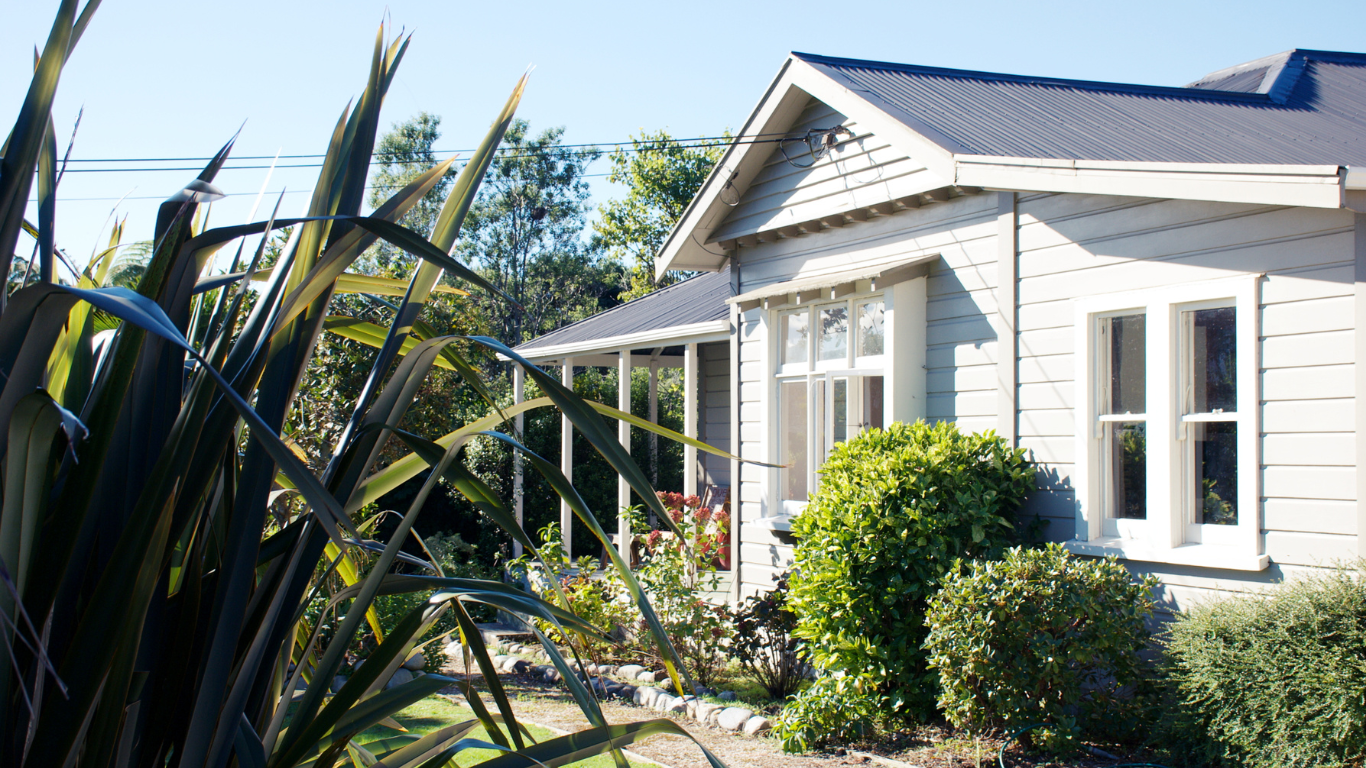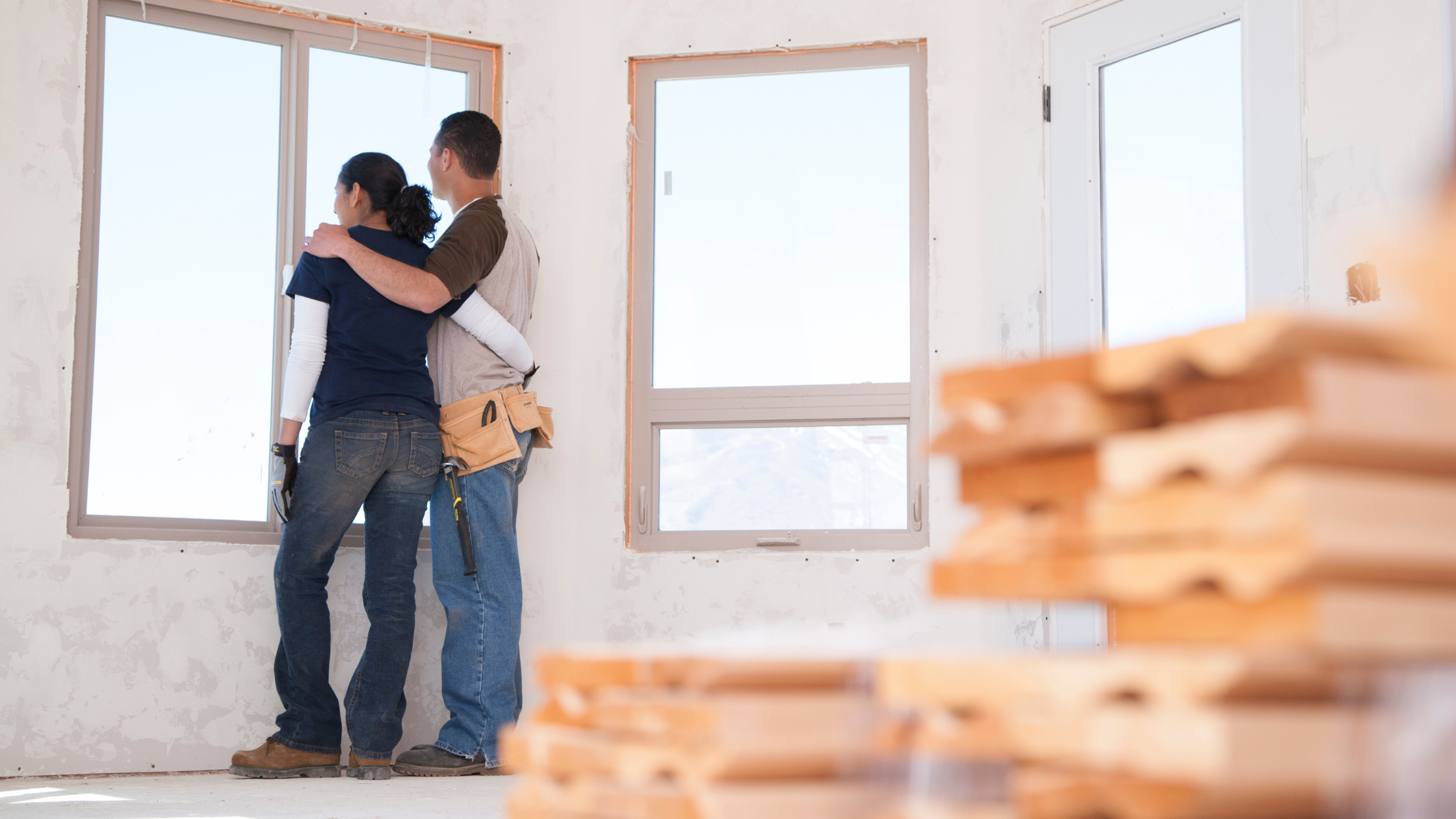Are you gearing up to install underfloor insulation for your home before winter arrives? If…

Staying Warm this Winter
It’s that time of year, the evenings are getting darker and the nights are getting colder. The importance of having a warm home suddenly takes on a new priority. There are plenty of ways to improve the health of your home, and here we share some quick-and-easy tips as well as some longer-term investments to keep you cosy this winter.
Put a stop to those drafts
One of the easiest ways to make your home more heat efficient is to prevent the warm air from escaping through the gaps around windows and under doors. Draft stoppers are a simple and inexpensive way to keep cold air out and warm air in. They can be placed along the bottom of doors and windows to prevent drafts and reduce heat loss. Self adhesive foam seal strips around window frames is quick and easy and is especially helpful for older homes with wooden joinery.
Stop warm air escaping through unused chimneys
Chimneys are designed to channel air up and out of your home. However, when not in use, this isn’t helpful. You can close the damper on your fireplace when it’s not being used, or if the fire is out of service, you can fit a draft excluder (remember to take it out if you decide to use the fire – and on Christmas Eve!). Chimney caps fitted to the chimney on the outside of the house are also helpful.
Make sure your insulation is up-to-scratch and save on your power bill
Insulating your home is one of the most effective ways to keep it warm in winter. Insulation helps to retain heat inside the house and prevents cold air from coming in. It is a one-time investment that can significantly reduce your energy bills over time.
What to look for when choosing insulation
Insulation works by reducing the flow of heat between two areas where one is warmer than the other. Insulating materials are designed to slow the transfer of heat by trapping pockets of air. The more air, the better the insulation properties. The thickness, density and type of insulation are also important. Products made from expanded polystyrene (EPS) such as EXPOL consist of 98% trapped air, making them excellent insulators.
When choosing the right insulation for your property, it’s important to consider
- how well it will work (measured by an R-value),
- how long it will last – once it’s installed you don’t want to have to replace it
- How well it keeps moisture out. Moisture is a good conductor of heat and reduces the effectiveness of your insulation. It can also lead to problems such as mould growth and deterioration of insulation materials.
- The environmental impact of your chosen product
Did you know NZ Insulation Standards have changed?
In May this year the Government updated the Building Code increasing the requirements for insulation performance (measured by the R-value). The changes recognise the importance of good insulation in improving energy efficiency and helping make homes warmer and dryer. The R-value changes depending on where you live (see our article on FAQs for new building requirements), with colder regions requiring higher R-values than warmer ones.
Keep your home dry
Insulation will lessen the moisture in your home, helping to keep your home drier. However, there are plenty of ways moisture can be added into your home. Simple measures such as using lids on boiling pots when cooking, drying clothes in well ventilated areas and using extractor fans in kitchens and bathrooms can reduce the amount of moisture produced. Dehumidifiers are also effective in removing excess moisture.
Use natural sunlight
Sunlight is nature’s free source of heat. By opening curtains fully during the day and letting light into rooms, you can help warm the rooms of your home. Curtains and blinds are also important for preventing the lo at night, so keep them closed when it’s dark outside.
Consider the environment
Consider using eco-friendly heat sources such as heat pumps to heat your home. By using programmable thermostats or scheduling the heating to come on only when it’s needed allows you to reduce your heating needs when you are not at home or asleep. You can also consider the materials you choose for your insulation, such as EXPOL insulation products which are made in New Zealand, using an environmentally responsible manufacturing process and are 100% recyclable.
A warmer drier home this winter
There are a number of ways to keep your home drier and warmer this winter. Any actions that help prevent heat loss allow you to heat and retain warmth more efficiently. This reduces your energy costs and creates a healthier and more comfortable environment for living.
To find out more about EXPOL’s environmentally conscious insulation solutions, visit the EXPOL website. You’ll also find information to get you up to speed with the insulation requirements for your region and find the perfect EXPOL product for your home.



